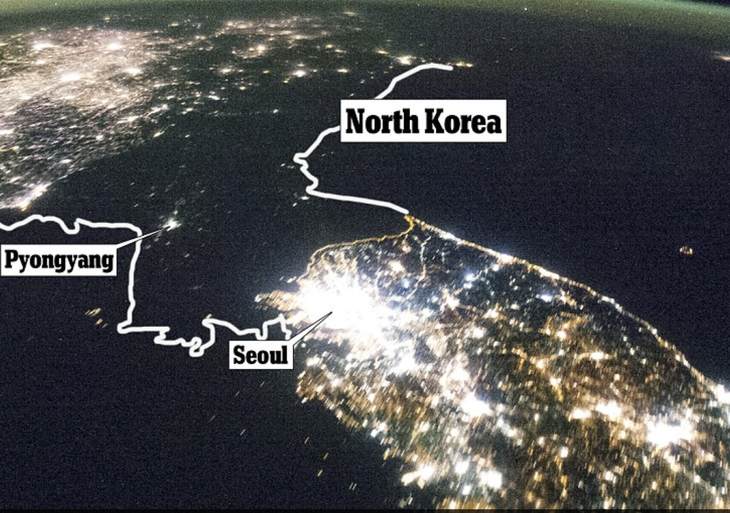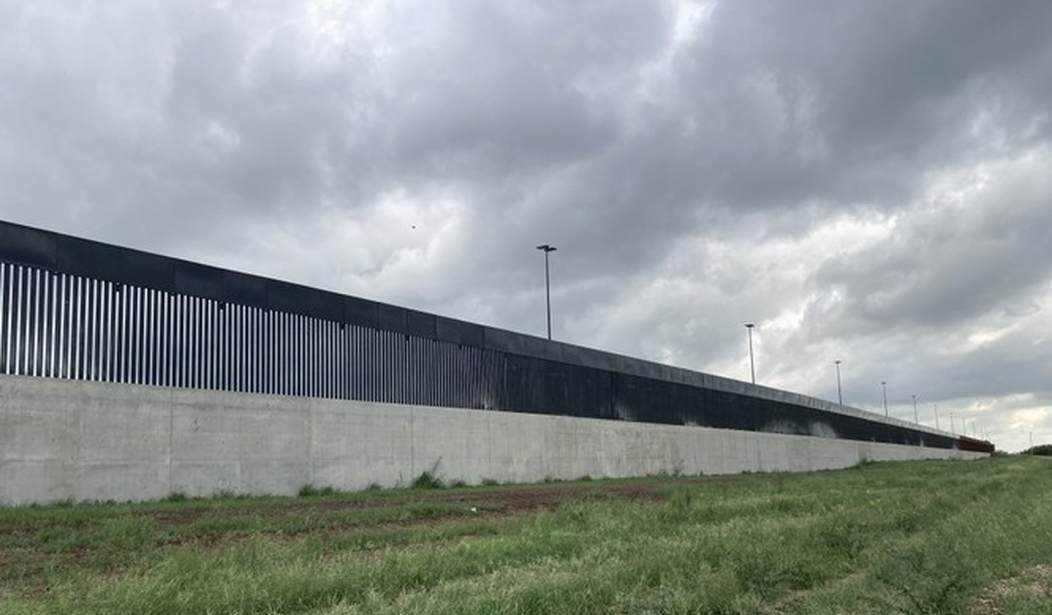Building border walls is a racist, sexist, heteronormative evil capitalist pig thing to do.
At least if you are an American. Everybody else in the universe thinks it’s a good idea, and that perhaps the illegal immigrants should shuffle off to the Mexican border to enter the United States.
Donald Trump was famously a fan of border walls, which made them a very very evil thing for all right-thinking people. Like supercalifragilisticexpialidocious bad. Especially since, when they begin to rust, they look kinda orange. Orange is the color of evil.
But somewhere along the way, the hard experience of being invaded by unwelcome and very expensive squatters shaped the actual behavior of European countries, if not exactly what they were willing to say to the TV cameras. Europe is slowly but surely coming around to the idea that border walls are a necessary evil.
EU Countries Are Building Fences All Around Their Borders With Third Countries & This Is How They Look https://t.co/wHwgsElhZG via @schengen_info
— David Strom (@DavidStrom) April 11, 2023
I will admit that as a necessity they do qualify as an evil if only a modest one. They can be nothing but eyesores and in a less cruel world, it would be better to allow the free flow of goods and people without the need for hard borders. Utopians who complain that borders are an artificial invention of human beings are no doubt correct, but they are also going to exist in some form until the end of time.
And they have upsides. Ask anybody–say the migrants desperately trying to cross the southern border–which side of that imaginary line they would choose to live and the answer is universal and emphatic. Clearly that imaginary line matters because it symbolizes something very real and very important.

Countries, cultures, laws, economies, rules, norms, tax rates, crime rates…they differ in important ways. And when you have something good you need to protect it.
Which is where fences and borders come in.
The specter of walls is haunting Europe again. Three decades after the fall of the Berlin Wall, the question resurfaces: Should the European Union erect barriers to protect its external borders?
The reality is that it is already doing so – in the last eight years member states have built more than 1,700 kilometers of walls to protect themselves not against tanks or soldiers, but against migrants and refugees. But who pays for this? Should European funds finance barriers of cement, steel and razor wire in the same way as they finance the purchase of radars and drones. The debate is heated, but the conclusions of the last meeting of the European Council, on February 9, suggest that those supporting a draconian approach are gaining ground.
The European Commission, and countries such as Spain and Germany, are against the use of EU money to build more walls, believing that there are more effective tools to curb irregular immigration. But those in favor, headed by the Visegrad group comprised of the Czech Republic, Poland, Slovakia and Hungary and supported by Italy, Greece and Austria, argue their position using a kind of domestic logic: to be able to close doors, they must first exist. Ultimately, the issue is more about where Europe is heading in the face of the migration challenge, and whether it will continue to use ever tougher policies to meet it. Right now, everything points to the affirmative.
Given how disastrous Germany’s immigration policy has been you would think they would reconsider their policies, but the sheer bloody-mindedness of their leadership seems to be quite the obstacle to doing that. Just look at their nuclear power policy.
This weekend, despite enormous power challenges, they are closing their last 3 nuclear power plants. In the annals of bad German policy decisions, this doesn’t rank up there with invading Russia, but it is striving to get there.
So don’t look to Germany for policy sanity.
Slowly but surely, though, European leaders are having to face the fact that diversity, in fact, is not our strength. Instead, it is a very very dangerous thing, at least if you are importing people from culturally hostile and politically unstable parts of the world.
It’s not just the costs, which are considerable, but the crime and cultural disruption. In Great Britain and the Nordic countries crimes, especially against women, have skyrocketed. Rape is a serious problem, and the rapists in question don’t primarily come from home. Sweden is the rape capital of Europe, and 80% of rapes involving violence are committed by non-European foreigners.
A Swedish TV station had to dig to get those statistics because Sweden doesn’t keep crime stats by ethnicity. Because nothing blows up the “diversity is our strength” mantra more than facts. Kinda like how the CDC quit reporting COVID antibody seroprevalence over a year ago.
So it falls to the less “sophisticated” European countries to build walls, and they are doing it. Countries that haven’t spent the past 70 years pretending that the world is their oyster–largely because they have been under constant threat of some kind–aren’t quite as squishy about these issues.
The defenders of Western civilization appear to be those for whom the experience is still pretty novel–those Eastern European countries who remember what it was like before liberal democracy made their lives better. Not having been rich and comfortable for 70 years under the protective umbrella of the US makes them aware of how fragile civilization can truly be.
It’s a good thing, too.









Join the conversation as a VIP Member